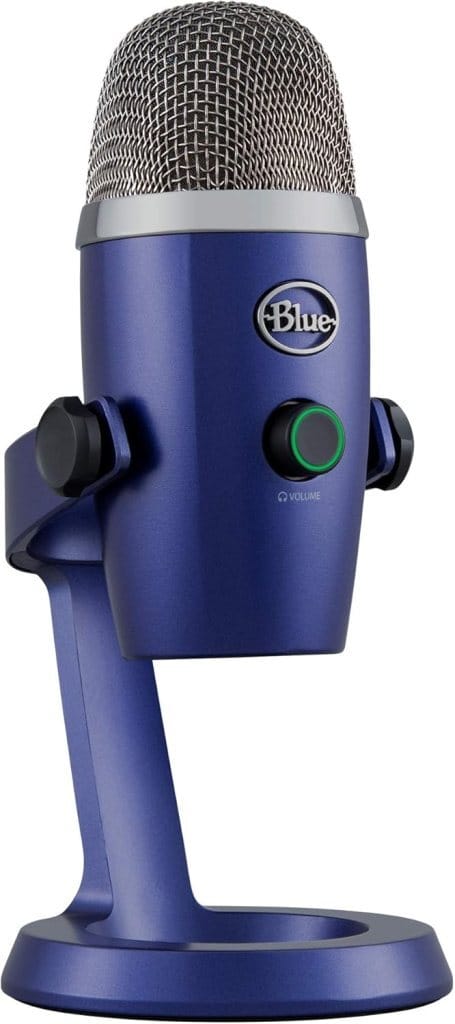- Ark's Newsletter
- Posts
- From Jobless to Thriving: How This Doctor Beat Unemployment in 30 Days
From Jobless to Thriving: How This Doctor Beat Unemployment in 30 Days
Discover unconventional career paths, side hustles, and income streams for medical professionals who refuse to stay stuck.

Unemployment is a reality that many doctors never anticipate, yet it’s becoming increasingly common. As someone who faced unemployment for nearly a year before securing a dermatology training position, I understand the fear, uncertainty, and self-doubt that come with it. Questions about finances, career prospects, and whether you’ll ever land your dream specialty can weigh heavily. In this article, I share practical strategies and lessons from my own experience to help you manage your finances, rebuild structure, stay resilient, and make the most of this challenging period.

Managing Your Finances
The primary source of anxiety during unemployment is often financial. How will you cover rent, bills, or support your family? Taking control of your finances early can alleviate significant stress and allow you to focus on your next steps. Here are actionable steps to stabilize your financial situation:
Explore Support Options: Check the British Medical Association (BMA) website for hardship funds or financial guidance. Some royal colleges offer benevolent funds, which can provide temporary relief. Additionally, investigate whether you can pause or reduce payments for medical defense cover during unemployment.
Access Unemployment Benefits: Look into government benefits like Jobseeker’s Allowance or Universal Credit. Contact HMRC to see if you’re eligible for a tax refund for the current PAYE tax year, as this can provide a small financial boost.
Create a Budget: Review your spending and prioritize essentials like rent, food, and utilities. Pause or cancel non-essential expenses, such as streaming subscriptions or unused memberships. Communicate with your bank or lenders early if you anticipate payment difficulties—they may offer flexible repayment options.
Seek Temporary Income: Register with NHS staff banks or agencies like Medacs or Holt Doctors for locum shifts, which can provide quick income. Explore remote opportunities, such as medical tutoring, freelance medical writing, or nonclinical roles outside medicine.
Get Professional Advice: The BMA offers financial guidance, and charities like Citizens Advice provide free debt advice. If needed, lean on friends or family for temporary support to bridge the gap.
Note: I’m not a financial advisor, so consult with your bank or a professional for tailored advice.

Rebuilding Structure and Purpose
Unemployment can feel disorienting, especially after the structured routine of clinical work. The sudden lack of a 9-to-5 schedule or on-call shifts can leave you feeling unproductive or lost. While a short break can be refreshing, prolonged aimlessness can erode motivation. To counter this, create a daily routine that balances job hunting, professional development, and self-care. Here’s how:
Design a Flexible Timetable: For example, dedicate mornings (9:00 a.m. to 1:00 p.m.) to job applications, afternoons to upskilling (e.g., completing CPD points, attending courses, or pursuing a virtual diploma), and evenings to self-care activities like exercise or hobbies. Tailor the schedule to your needs—it doesn’t have to mimic a full workday.
Enhance Your Portfolio: Use this time to strengthen your CV. During my unemployment, I completed a postgraduate diploma, which added valuable points to my portfolio for dermatology training applications. Identify gaps in your portfolio and pursue opportunities like courses, certifications, or taster weeks to demonstrate commitment to your specialty.
Reassess Long-Term Goals: Unemployment offers a rare opportunity to step off the medical training “conveyor belt” and reflect on your career. Are you set on your current specialty, or is it time to explore alternatives, such as academia, non-clinical roles, or a different specialty? If your dream specialty feels out of reach, consider transitional paths—many doctors, for instance, have moved into dermatology after training in immunology or general practice.

Exploring Work Opportunities
Unemployment doesn’t mean you’re limited to clinical roles. Flexible work can provide income and help you stay engaged while job hunting. Consider these options:
Locum Work: Agencies like Medacs or Holt Doctors offer ad hoc locum shifts, allowing you to maintain clinical skills and financial stability.
Non-Clinical Roles: Explore digital health, medical education, or research. Websites like Medic Footprints highlight alternative career paths and feature stories of doctors who’ve transitioned to non-traditional roles.
Tutoring and Mentoring: Tutor medical students or A-level students, or coach junior doctors applying for specialty training (e.g., internal medicine training). Platforms like Doctor Specialty Coaching connect mentors with trainees, offering both income and opportunities to develop teaching skills.
Taster Weeks: Arrange taster weeks in your desired specialty to gain experience and strengthen your CV. Unemployment offers scheduling flexibility, making it easier to secure these opportunities compared to when you’re employed and juggling on-call shifts.

Networking and Staying Visible
Building and maintaining professional connections is critical during unemployment. Reconnect with colleagues, supervisors, or alumni who can offer opportunities or references. Attend virtual conferences, webinars, or career events to stay informed and visible in your field. I know of doctors who secured job leads through consultants who introduced them to new departments at conferences. Networking can open doors you didn’t know existed.
Prioritizing Mental Health
Unemployment can take a toll on your mental well-being, especially in a high-pressure field like medicine. It’s easy to question your worth or feel isolated. To stay resilient:
Engage in Self-Care: Pursue hobbies, practice mindfulness, or join support groups for unemployed doctors on platforms like LinkedIn or Facebook.
Seek Support: Talk to family, friends, or mentors about your challenges. You’re not alone—unemployment among doctors is increasingly common, and sharing your experiences can provide perspective and encouragement.

Reframing Unemployment as Opportunity
Unemployment doesn’t define your future as a doctor. Instead of viewing it as a setback, treat it as a chance to realign, explore new directions, and invest in your growth. Whether it’s completing a diploma, exploring alternative careers, or refining your long-term goals, this period can be a catalyst for positive change. Support is available through the BMA, royal colleges, and professional networks—use these resources to get back on track.
If you’re feeling discouraged, remember that many doctors face unemployment, and it’s not a reflection of your ability or potential. My year of unemployment was challenging, but it ultimately led me to dermatology training. By managing your finances, rebuilding structure, and staying proactive, you can turn this uncertain time into a stepping stone toward your dream career.